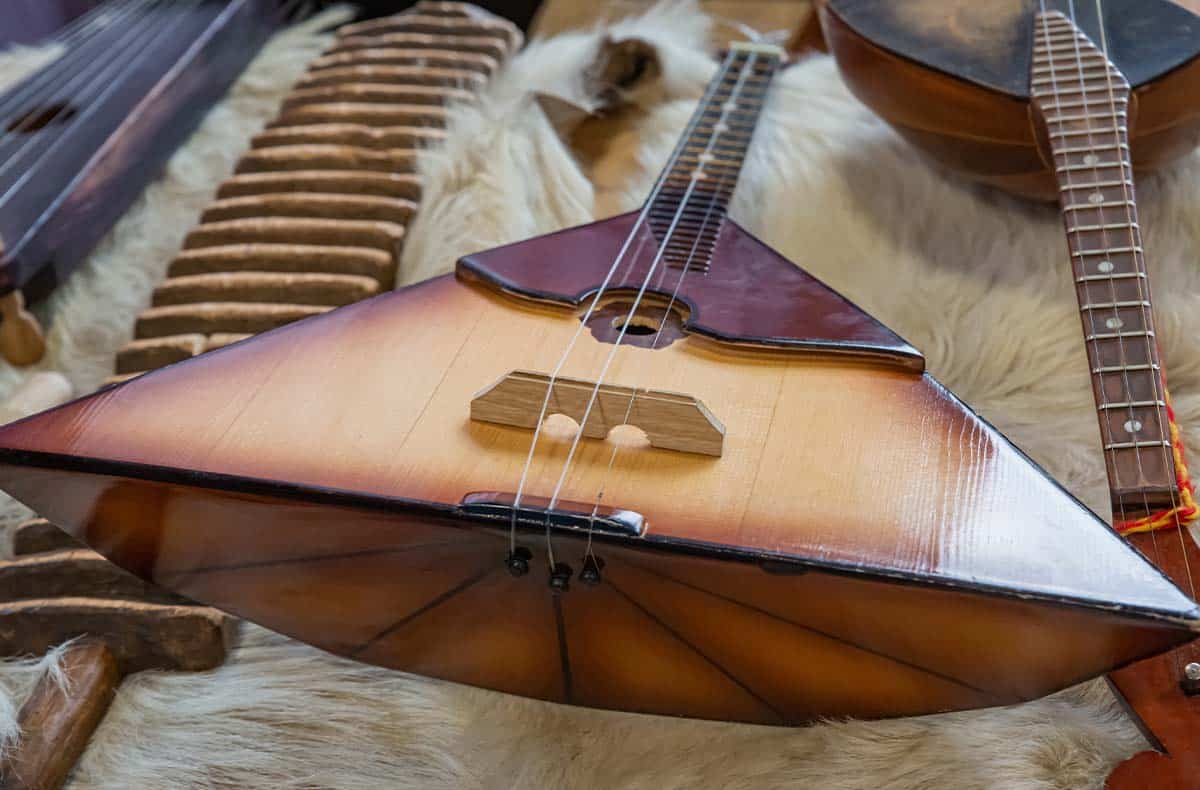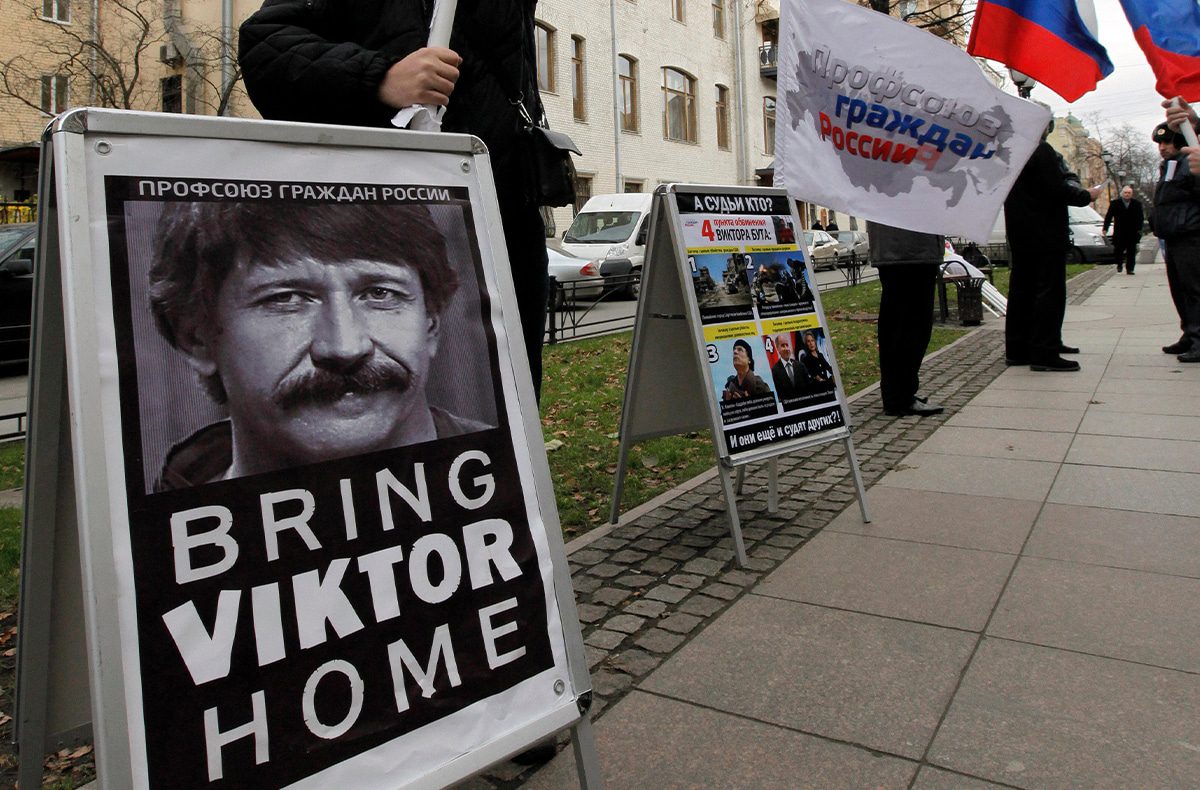
It’s been over a month, and the war in Ukraine carries on. The images and videos from Bucha are horrifying. I am particularly rattled by a video of a man begging for his life. I can’t help but stay up late at night, imagining the man in the footage as my mother or father. It hurts the heart. Some days, I don’t know if I can physically stand working in news.
It’s small potatoes in comparison, of course, but the increase in Russophobia annoys me as well. Airbnb announces that Russian-speaking Airbnb users will be unable to use the platform anywhere in the world, which will just make it harder for the several thousands who have fled Russia to find housing.
I get hate emails from people who have read my articles. One particularly persistent chap likes to spam my inbox saying, “Brutes, you people are just brutes. Being Russian now is like being German in 1945. You are the pariah of the world! No article or blog is going to fix that,” followed by, “Cowards! Stop killing women and children!!!!!” For the record, I have not killed any women or children.
I am frustrated by the way this is affecting Russians like me living in America, those that fled expecting support. Across the world, universities are canceling Russian literature like Tolstoy and Dostoevsky, and I’m especially affected by the widespread ban on Russian music. All of this, by the way, aids Putin, who recently said that the West is “trying to cancel a whole 1,000-year culture, our people,” thereby positioning himself as the only ally Russians have.
My mother is a Russian folk singer and my father is a bass balalaika player (for those who don’t know, a bass balalaika is kind of like a giant balalaika, which requires being carried by its stem and, along with his impenetrable scowl, makes my father look like a dwarf carrying a club). I grew up performing with them, singing songs of longing birch trees and vast, lonely steppes.
So it makes me very sad when Mikhail Smirnov, the head of the trio Barynya and a close family friend, talks of the Russophobia they’ve been experiencing.
“Everything Russian is canceled,” he told me. “The Russian nobility ball, a three-day festival in Pennsylvania we’ve been doing for 15 years, more than a dozen library performances—all canceled.”
Smirnov said that the hardest thing has been continuing to perform in restaurants. The trio performs at the Hot Potato House in Brooklyn every Saturday, and “Ukranians come up to [them] requesting Ukrainian songs, Russians request Russian songs, and it becomes uncomfortable.”
It “tears his heart apart,” he says, because so many of the dancers that he performs with are of Ukrainian origin, and the cultures are so intertwined that it’s difficult to make any sense of it.
“We don’t want to wear our Russian outfits because we’re scared,” he said, “But then we’re not sure about the Ukrainian outfits because we’re scared of the Russian nationalists as well. It’s safest to wear the Jewish or Gypsy outfits,” which is ironic, to say the least.
When I was growing up, we performed Russian-speaking Russian, Ukrainian, Jewish, and Romani songs indiscriminately, because it was all art, and art rose above politics.
I will quote the legendary dancer Mikhail Baryshnikov, who famously fled Russia in the 1970s and recently said, “An open exchange in the arts is always a good thing. I don’t think it’s right to put the weight of a country’s political decisions on the backs of artists, or athletes, who may have vulnerable family members in their home country.”
He has launched a GoFundMe campaign called True Russia, which is aimed at raising funds for refugees while also helping people better understand Russians.
“The hundreds of thousands of Ukrainians who have lost their homes, their livelihoods, their loved ones, and even their lives are bearing the full brunt of the blow. But all of us who speak Russian and belong to the Russian cultural world feel the blow, too. The very word Russian has become toxic,” their campaign statement says.
My mother, the sweetest woman in the world, mostly performs for children. She has a number that asks the kids to play with “Russian percussion instruments,” which consist of clappers, the rubel, and, most depressingly, “the box.” She recently asked my best friend if she should take “Russian” out of the phrase.
When I complain about things like this, some people respond by saying something along the lines of, “It’s nothing compared to the suffering in Ukraine.” And, they’re right, it’s not. But it’s also not a competition. Pain is the great human equalizer. And you’re not doing people in Ukraine any favors by being a douchebag to your local babushka. Believe me, she’s been through enough.



